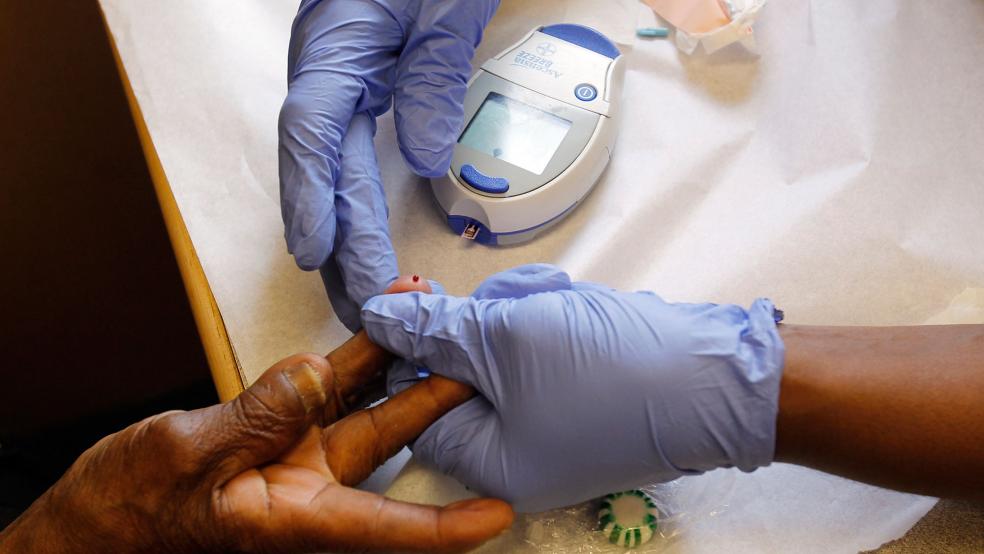Insulin prices have risen sharply over the last two decades, forcing more than a million diabetics in the US to take less than they need to maintain good health, according to a study published this week in the Annals of Internal Medicine.
Based on data from the 2021 National Health Interview Survey by the Centers for Disease Control and Prevention, researchers estimate that 1.3 million Americans with diabetes – roughly 16.5% of all diabetics in the country – rationed their use of insulin last year in order to save money. Rationing techniques include skipping doses, taking smaller doses than prescribed and postponing the purchase of the drug.
The researchers said that high prices are the main factor in the problem – a problem that has gotten progressively worse as pharmaceutical companies raise their prices year after year. “We have allowed pharmaceutical companies to set the agenda, and that is coming at the cost to our patients,” lead author Dr. Adam Gaffney of Harvard Medical School told NBC News.
People without health insurance rationed their insulin use more than those with insurance, and those under the age of 65 rationed more than those who were older, thanks in large part to Medicare, which provides universal health insurance starting at age 65. There were significant racial differences as well, with Black diabetics more likely to ration their treatments compared to other groups.
“The main takeaway is that 1.3 million people rationed insulin in the United States, one of the richest countries in the world,” Gaffney told CNN. “This is a lifesaving drug. Rationing insulin can have life-threatening consequences.”
Partial solutions on the horizon: The Inflation Reduction Act addresses the problem by limiting insulin payments to $35 per month for Medicare recipients starting in 2023. But a provision that would have applied to those with private insurance was removed from the bill, and those without insurance still have no protection at all.
Other groups have said they intend to take steps to reduce prices. California announced last summer that it will spend $100 million to fund low-cost insulin manufacturing in the state. And the nonprofit drugmaker Civica Rx said earlier this year that it plans to sell generic insulin for $30 a vial, which is about half to a third of what most diabetics need each month.
Still, the plans fall short of simply making insulin a public good that is affordable for everyone who needs it. The best way to ensure that diabetics don’t go without insulin is to create a national health care system, Gaffney says. "I think we can realize something like that in the United States," he told NBC. "That's obviously a big project, but at the same time we need to get the prices charged by pharmaceutical companies down."




